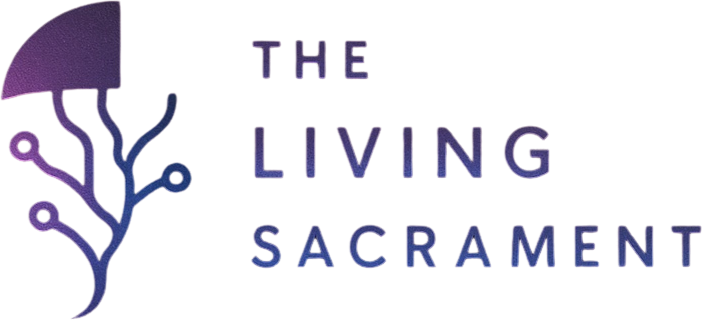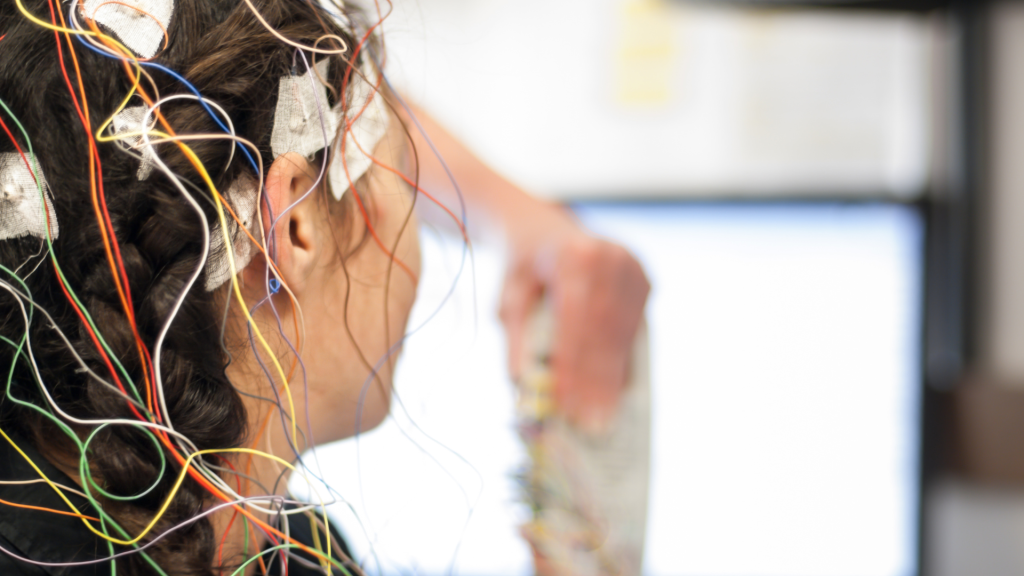People usually think of psilocybin as something that opens the mind, not something that might affect the body in a scary way. But every so often, a question comes up, can magic mushrooms cause seizures?
What Actually Happens in the Brain
When psilocybin enters the body, it’s quickly converted into psilocin, a compound that interacts with serotonin receptors, mainly the 5-HT2A type. This change in brain chemistry is what causes the psychedelic effects, visual shifts, changes in time perception, and deep emotional waves.
But serotonin also helps regulate electrical activity in the brain. When that system is disrupted, say, by underlying epilepsy or mixing substances, it can occasionally lead to abnormal neural firing, or what we call a seizure.
What Research Shows
Most modern studies, including controlled trials, show no evidence that psilocybin triggers seizures in healthy people. In fact, large observational data suggest psychedelics have a low physical risk profile compared to many other drugs.
However, researchers have found exceptions. In 2023, a case study reported a person with a history of epilepsy who experienced a seizure during a high-dose mushroom session. Intracranial monitoring confirmed the event, suggesting psilocybin might have lowered the seizure threshold in someone already predisposed.
A broader scientific review published the same year found very few verified cases. Most involved people with pre-existing neurological conditions or those combining psilocybin with alcohol, stimulants, or other psychoactive drugs.
So, Can It Happen?
Technically, yes, but only under specific conditions. Here’s what can raise the risk:
- Existing seizure disorders or epilepsy
- Very high doses of psilocybin
- Mixing psychedelics with stimulants or antidepressants
- Extreme sleep deprivation or dehydration
- Pre-existing brain injuries or metabolic issues
For most people, psilocybin alone doesn’t cause seizures. But if your brain is already vulnerable, the intense neural stimulation could push it past its threshold.
What a Seizure Might Look Like
A seizure doesn’t always mean violent shaking. It can also appear as:
- Blank staring or sudden confusion
- Uncontrollable twitching
- Brief loss of consciousness
- Sudden muscle stiffening or jerking
If someone shows these symptoms after taking mushrooms, especially if they have epilepsy or mixed substances, it’s important to seek medical help right away.
What About Microdosing?
Microdosing, taking very small doses of psilocybin, doesn’t appear to increase seizure risk in healthy users. There’s no data linking low doses to seizures, and ongoing clinical trials haven’t reported such effects. Still, anyone with a seizure disorder should approach microdosing cautiously and consult a neurologist first.
Why Set and Setting Matter
Stress, anxiety, and overstimulation can all influence brain activity. If someone already has a seizure tendency, combining strong emotional or sensory overload with psilocybin may make an episode more likely. That’s why clinical settings use calm, controlled environments with medical oversight.
What Scientists Are Still Exploring
Researchers are still learning how psychedelics interact with brain circuits related to epilepsy. Interestingly, some animal studies suggest psilocybin might reduce seizure activity through serotonin modulation, though human data are still too limited to draw conclusions.
I’ve read through a few medical papers that agree on one point, psilocybin is not classified as a convulsant drug. It doesn’t directly cause seizures in typical users, but it can act as a trigger in people who are already at risk.
Final Thoughts
Psilocybin doesn’t cause seizures in most people. Documented cases are rare and usually involve other factors, like pre-existing epilepsy or drug interactions.
If you’re healthy and take a normal dose in a safe environment, the risk appears extremely low. But if you or someone you know has a seizure disorder, it’s best to talk with a doctor before experimenting.
Used responsibly, psilocybin’s main effects are on consciousness, not on the body’s electrical balance.
The short answer: seizures from psilocybin are extremely rare, and when they do happen, there’s usually more going on than just the mushrooms.
Sources:
- Frontiers in Pharmacology (2023). Psychedelics, Epilepsy, and Seizures: A Review.
- Frontiers in Neurology (2023). Case Report: Psychedelic-Induced Seizures Captured by Intracranial Monitoring.
- ScienceDirect (2024). Do Classic Psychedelics Increase the Risk of Seizures? A Scoping Review.

